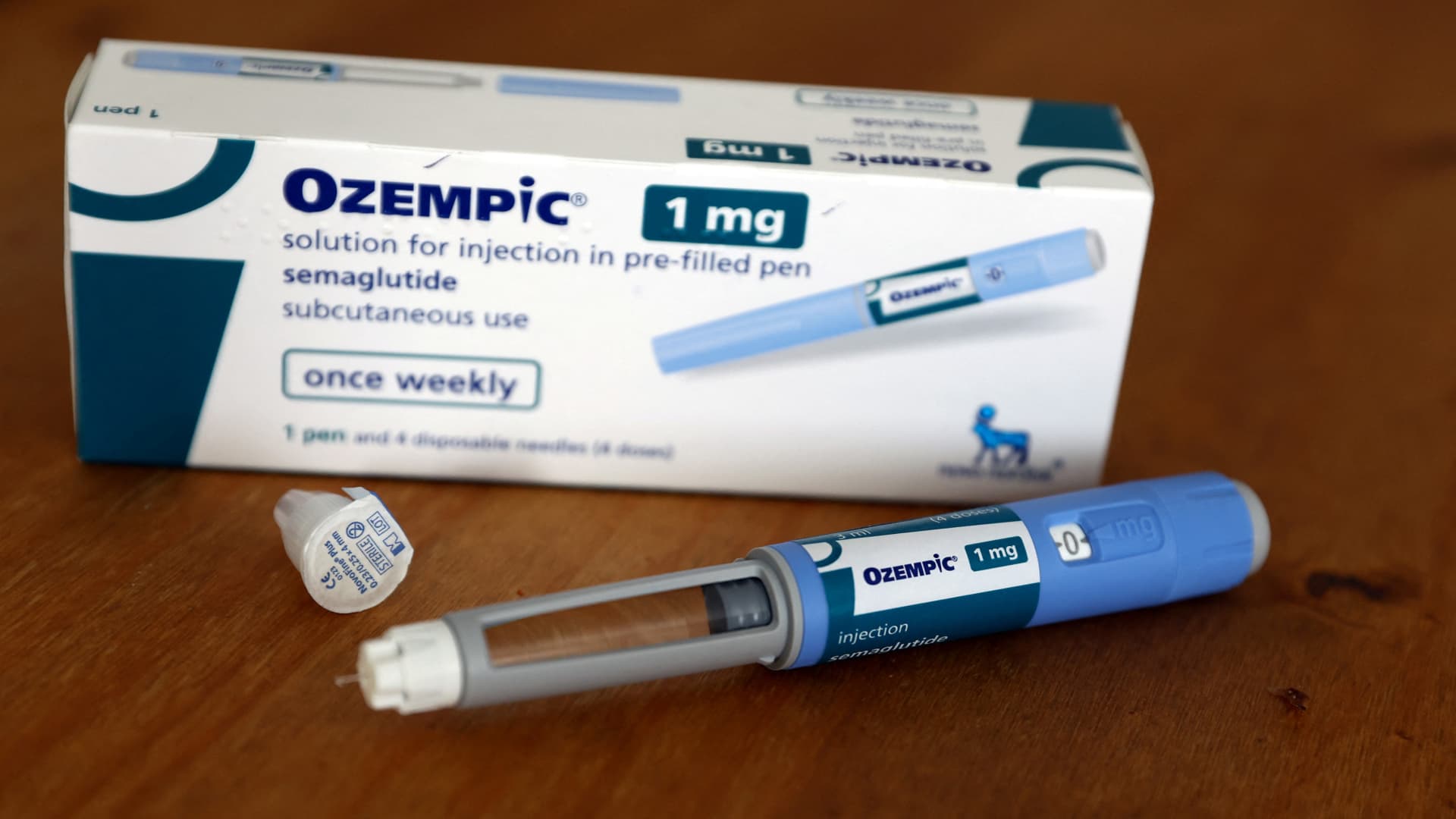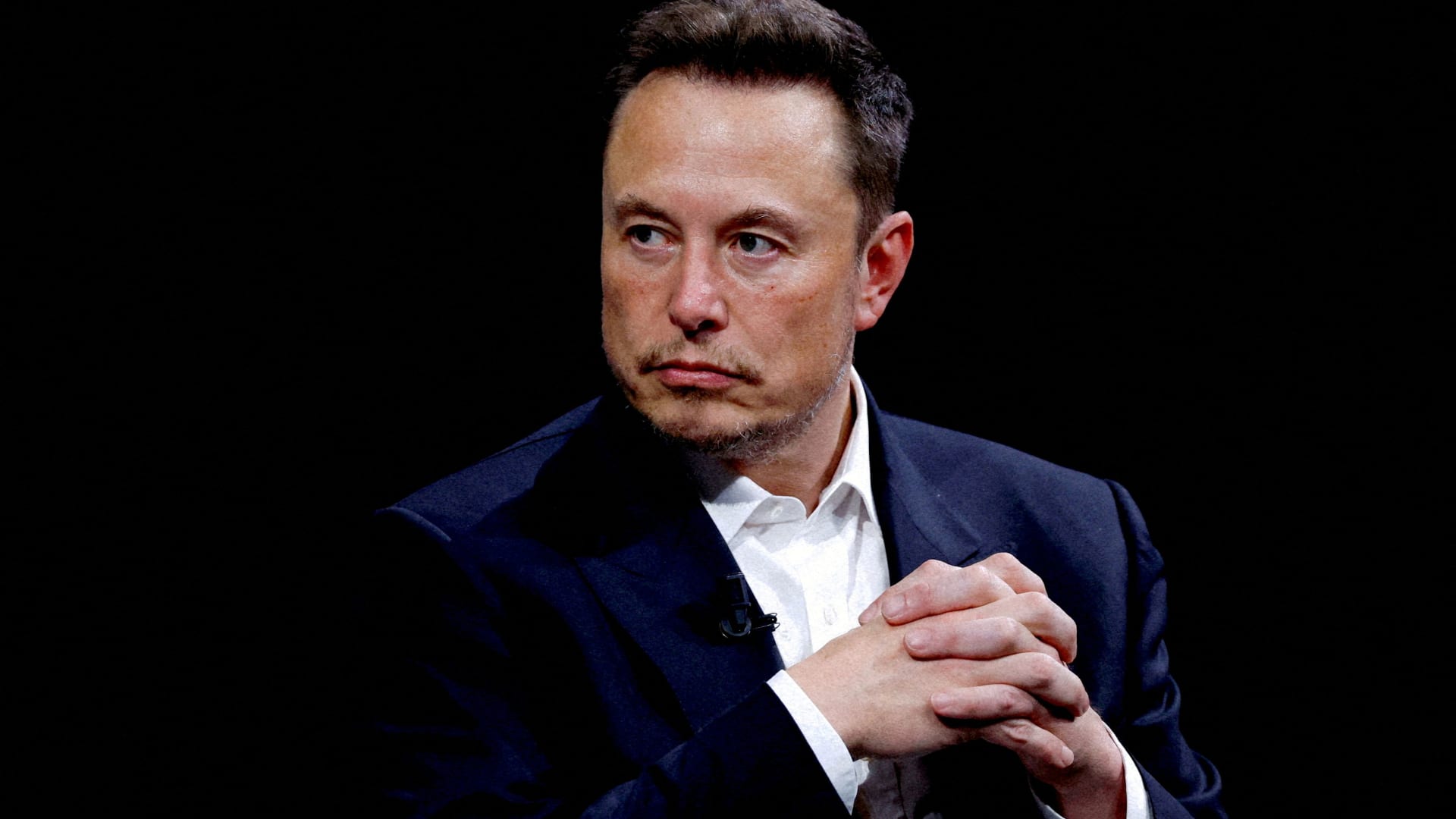
Rafael Henrique | SOPA images | LightRocket via Getty Images
Swedish financial technology company Klarna announced Tuesday that nearly 9 out of 10 employees of its 5,000-employee workforce now use generative artificial intelligence tools in their daily work.
Klarna, which allows individuals to split their purchases into interest-free monthly installments, said over 87% of its employees use generative AI tools, including OpenAI’s ChatGPT and its own in-house AI assistants.
The largest adopters of generative AI in the enterprise are those in non-technical groups such as communications (92.6%), marketing (87.9%) and legal (86.4%), Klarna said.
At these rates, Klarna has seen a far higher acceptance of generative AI within the company than in the corporate world as a whole.
According to a survey by consulting firm Deloitte, 61% of people who work with a computer use generative AI programs in their daily work – sometimes without the knowledge of their boss.
Klarna has its own internal AI assistant called Kiki.
According to the company, 85% of all employees now use Kiki, and the chatbot now answers an average of 2,000 queries per day.
Main applications of generative AI
Klarna said a key use of generative AI – namely OpenAI’s ChatGPT – by its communications teams is to assess whether press articles written about the company are positive or negative.
Klarna lawyers use ChatGPT Enterprise, the business version of OpenAI technology, to create initial drafts of common contract types, reducing the time it takes to create contracts.
“You still have to customize it to make it work for your specific case, but instead of an hour, you can draft a contract in ten minutes,” Selma Bogren, senior managing legal counsel at Klarna, said in a press release.
AI as a blessing for the bottom line
Klarna has touted AI as a major boon to its bottom line as the company pushes to shift its narrative away from the heady days of 2020 and 2021.
In those years, the environment for tech companies like Klarna was characterized by a massive increase in spending on hiring and growth at all costs, thanks to the availability of cheap capital.
In 2022, Klarna laid off around 10% of its global workforce to cut costs and prepare its company for the economic turmoil caused by Russia’s invasion of Ukraine.
The company’s valuation fell 85% to $6.7 billion in 2022 compared to 2021.
Klarna said its decision to cut jobs en masse had paid off, while the introduction of AI had allowed the underlying business to become more profitable.
The company reported its first quarterly profit in four years for the September quarter, which it attributed to a decline in loan losses as well as investments in AI.
In February, Klarna announced that its AI chatbot had done the work of 700 full-time customer service jobs and saved the company $40 million.
The news sent shares of French outsourcing giant Teleperformance plunging nearly 20% as investors feared AI would hurt the company’s own profitable call center business in the future.
Source link
2024-05-14 10:00:01
www.cnbc.com












